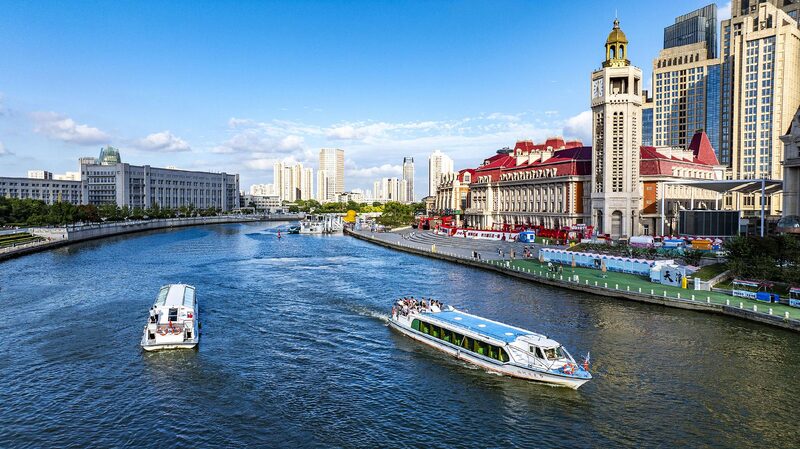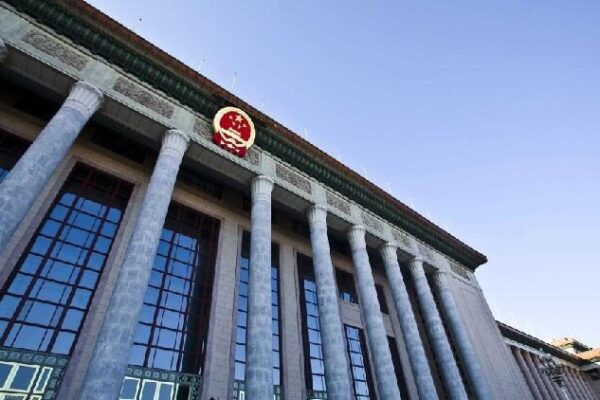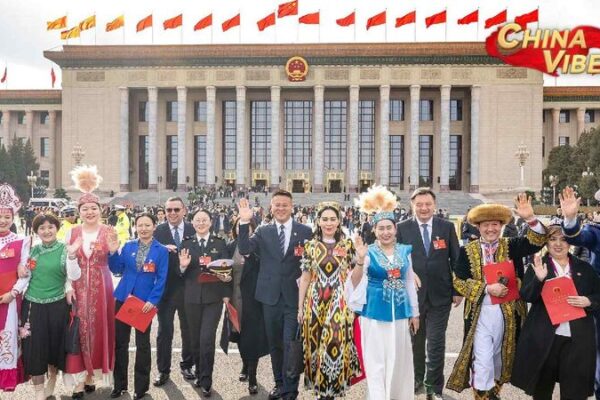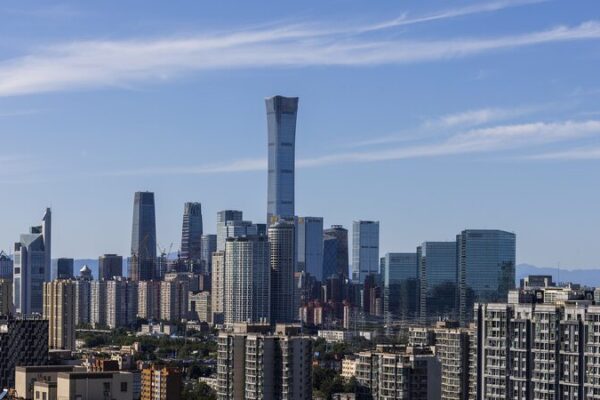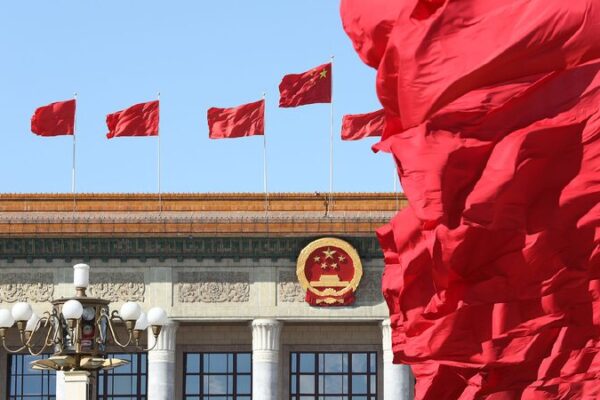Tianjin’s High-Quality Development Takes Center Stage
North China’s Tianjin is making significant strides in high-quality development, positioning itself as a modern metropolis at the forefront of innovation and regional integration.
At a recent press conference during the third session of the 14th National People’s Congress (NPC), Chinese Foreign Minister Wang Yi announced that China will host the Shanghai Cooperation Organization (SCO) summit this autumn in Tianjin. Leaders will gather to reflect on the SCO’s accomplishments, plan for the future, and build consensus for cooperation.
As a major city in the Beijing-Tianjin-Hebei coordinated development strategy, Tianjin serves as a key economic, industrial, and logistical hub in the region. The city has accelerated collaborative innovation and industrial collaboration, promoting infrastructure connectivity among the three regions.
Tianjin Port, the largest automobile import and export hub in northern China, operates over 30 roll-on/roll-off shipping routes to markets such as Europe, the Middle East, and South America. The port has been enhancing services to automobile enterprises in the Beijing-Tianjin-Hebei region and coordinating with international shipping companies to facilitate transportation.
“We are making efforts to further promote regional integration, aiming to enhance Tianjin’s execution and responsibility,” said Chen Min’er, secretary of the Communist Party of China Tianjin Municipal Committee, at an open event held by the Tianjin delegation during the NPC session.
The city has focused on promoting scientific and technological innovation, industrial renewal, urban renewal, and the revitalization of existing assets to actively develop new quality productive forces. In 2024, Tianjin’s gross domestic product (GDP) grew by 5.1 percent, with key industrial chains such as artificial intelligence, biomedicine, and new energy continuing to expand.
In January, the State Council approved a national territorial spatial plan for the Beijing-Tianjin-Hebei region for the 2021-2035 period. As part of this plan, Tianjin has been tasked with strengthening the construction of the country’s northern international shipping core area and enhancing its role as a gateway for further opening up.
In recent years, Tianjin has been committed to creating a first-class business environment. The city has organized comprehensive enterprise liaison service activities, addressing challenges and resolving issues for private enterprises through face-to-face interactions. By relying on both national and local enterprise service platforms, over 18,000 issues faced by private enterprises have been resolved.
“In further deepening reform and opening up, we will stimulate the endogenous motivation and innovation vitality of various business entities, continue to optimize the business environment, and implement policies and measures to support the development of the private economy,” Chen added.
Last year, the added value of Tianjin’s private economy grew by 6.5 percent, and private investment increased by 7.6 percent. Private enterprises contributed 45.8 percent of the city’s tax revenue and accounted for 47.2 percent of the city’s total foreign trade exports.
With these strides, Tianjin is poised to play a significant role in China’s future growth and development, setting an example for other regions aiming for high-quality advancement.
Reference(s):
North China's Tianjin makes strides in high-quality development
cgtn.com
